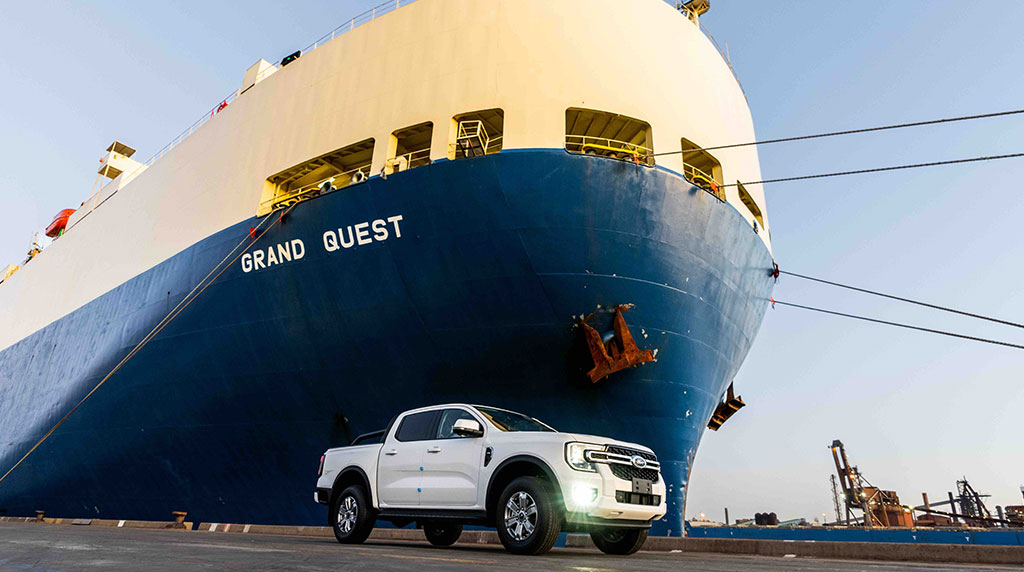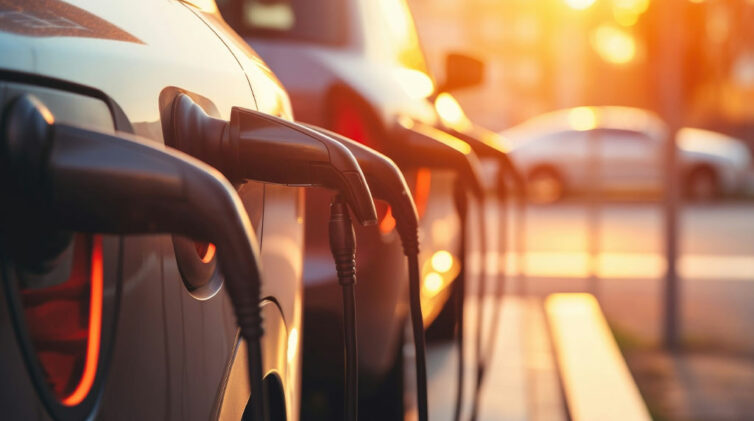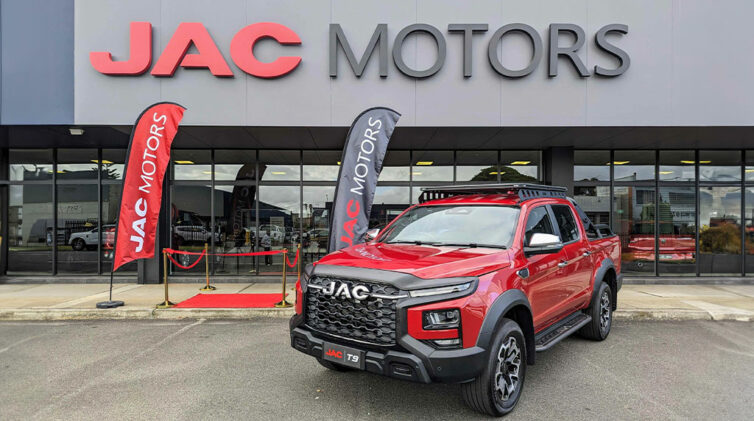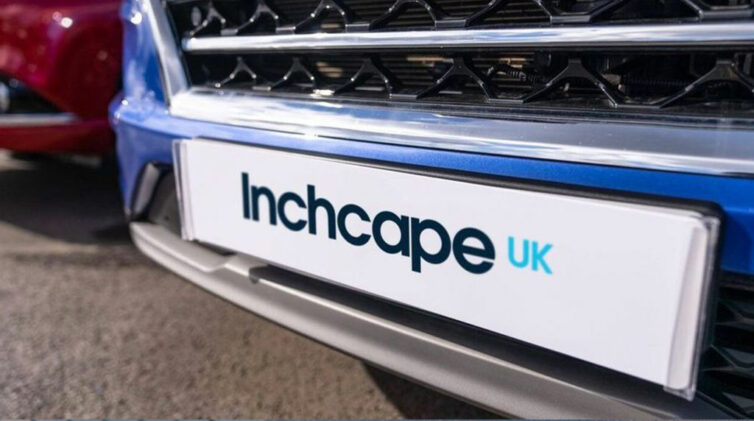The plan, backed by Ford Motor Company in the US that uses the same carrier firm, aims to reduce travel times for new Ranger and Everest models. But, more importantly, it aims to reduce congestion and some quarantine issues at Australian ports that are holding up vehicle supply.
Ford has leased the Grand Quest carrier from Polaris Autoliners for three years.
Ford exclusively charters ships for transporting new vehicles, but this is the first time it has done so on a long-term lease basis.
The sea journey from the Thai port of Laem Chabang to Melbourne takes about 18 days after a stop at Brisbane. By comparison, a voyage from Thailand to Fremantle via Singapore takes 23 days.
It figures that its single-source load will reduce quarantine issues, unlike some carriers that visit multiple ports and take on a variety of cargo on the journey from the car factory to Australia.
Few car-makers have an entire shipment to themselves, although Tesla has previously shipped a full load from its Chinese factory and ports.
Ford has also trialled placing vehicles in containers to further reduce quarantine times but is yet to confirm its effectiveness against the cheaper roll-on, roll-off (ro/ro) system currently used.
Quarantine bottle necks are now seen as the major problem with delays to vehicle arrival times. In May, GoAutoNews Premium reported that there were 13 car ships moored off the Port Kembla car shipping terminal near Wollongong in NSW and just two car carriers in the port itself.
A back of the envelope calculation, assuming they were full of cars, would mean that roughly 40,000 cars, SUVs, utes, vans and trucks were stranded off Port Kembla alone.
At the time the ABC reported that car-carrying ships bound for Victoria were being redirected to Port Kembla, causing delays at the largest terminal for incoming vehicles in New South Wales.
It was triggered by quarantine inspections that found seeds and pests in thousands of cars from China, Japan and Europe that pose biosecurity risks to Australian agriculture.
The ABC said that these issues are believed to have been caused by cars sitting in paddocks last year during global supply chain blockages. Most ships have since returned to delivering straight to Victoria.
Ford Australia said in a statement that the deal with Polaris will allow it to deliver more vehicles to Australian and New Zealand buyers during a period of high demand for the Thai-built Ranger and Everest models.
Ford Australia and NZ president and CEO Andrew Birkic said: “We are investing significantly in tackling the ongoing supply chain issues head-on, with a focus on ensuring customer cars are delivered as quickly as possible.”
Ford’s vehicle logistic manager, Iris Moreno, said: “In a time of great logistical uncertainty, taking the initiative to lease our own ship gives Ford the ability to determine shipping routes and volumes by port, allowing us greater control in very challenging conditions.”
By John Mellor















 Read More: Related articles
Read More: Related articles

